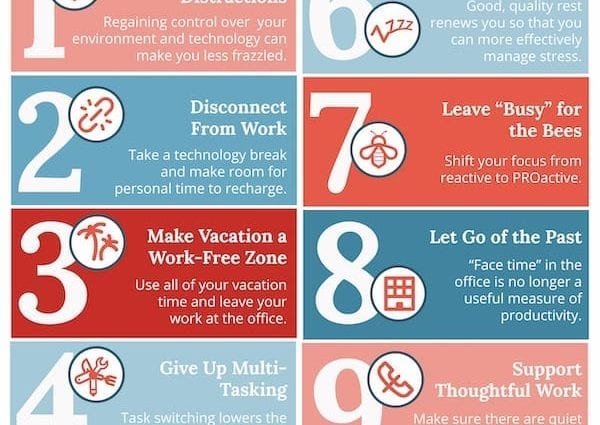Each of us experiences stress, but very few people think about what it is.
It’s not events that cause stress, but our thoughts about them. If so, then we have the ability to completely control stress, because this is not what is happening to us, but what is happening within us.
I have found several definitions of stress, such as “stress is a mental or emotional state of tension that is the result of adverse circumstances” or this: “stress is the perception of real or imagined danger to your body or ego.” Stress can be caused by any thought – for example, that your wife is cheating on you or that you have problems at work. It doesn’t matter if it really is or not. The main thing is that you perceive it as a reality, an unpleasant reality, and such thoughts cause stress. At such times, stress hormones overwhelm your body, speeding up your heart rate, raising blood pressure, which increases the risk of brain injury, increased body fat and other negative effects in the body.
There are objective (real, not imaginary) causes of stress, such as war, death of loved ones, exams, problems at work, but everyone reacts to them in completely different ways.
I am often surprised at the reactions of other people to those events that cause violent emotions in me, and partly envy them if they remain calm, while I am acutely experiencing the situation, thereby causing my body to be “intoxicated”. But the calm reaction of the rest of the participants only confirms that in fact I am wrong and could, knowing how to manage my emotions and reactions, cause less harm to my health.
Therefore, many stress management specialists advise to train your body in order to adequately respond to events: it is impossible to hide from life, but learning to perceive what is happening correctly is a completely achievable goal.
To get rid of stress, you need to observe yourself, be able to stop negative thoughts that provoke stress in time. At some point, you will train your reactions, as you can train, for example, the muscles of the press. You just need to remember that stress is just thoughts in your head, your perception of reality, and only you can control your perception.
Of course, this does not mean that we should not react to happy or sad events, we just need to do it in moderation and at the moment when the event really, and not go into hysterics because of potential Problems. Do not worry about what will or will not happen in the future, try to focus on solving urgent problems and live in the present moment, spend all your mental and physical energy on it.
So, if unpleasant events do happen, then you need to stop and try to respond correctly to the situation.
Here are stress management techniques taught by Dr. Mark Hyman, MD to help you respond to stress.
- Move. The best way to burn stress hormones without changing your mind is through movement. Run, dance, jump, swim, do any form of exercise.
- Breathe. Most people hold their breath or breathe rather shallowly, breath of fear. Deep, slow, full breathing has a profound effect on stress neutralization as the relaxation nerve travels through the diaphragm and is activated with each deep breath.
- Sleep. Lack of sleep increases stress hormones in the body. So do not underestimate the importance of sleep, even if you think that you would rather spend this time, for example, preparing for an exam. Sleep should be a priority.
- Think differently. Practice controlling your thoughts, pay attention to how they provoke stressful reactions, try to “let go” of thoughts that affect you negatively.
- Use the additional opportunities that technologies give us – applications for Ios and Android, specially designed for the modern person, audio and video methods of meditation and relaxation. By the way, I will write a separate post about them.










